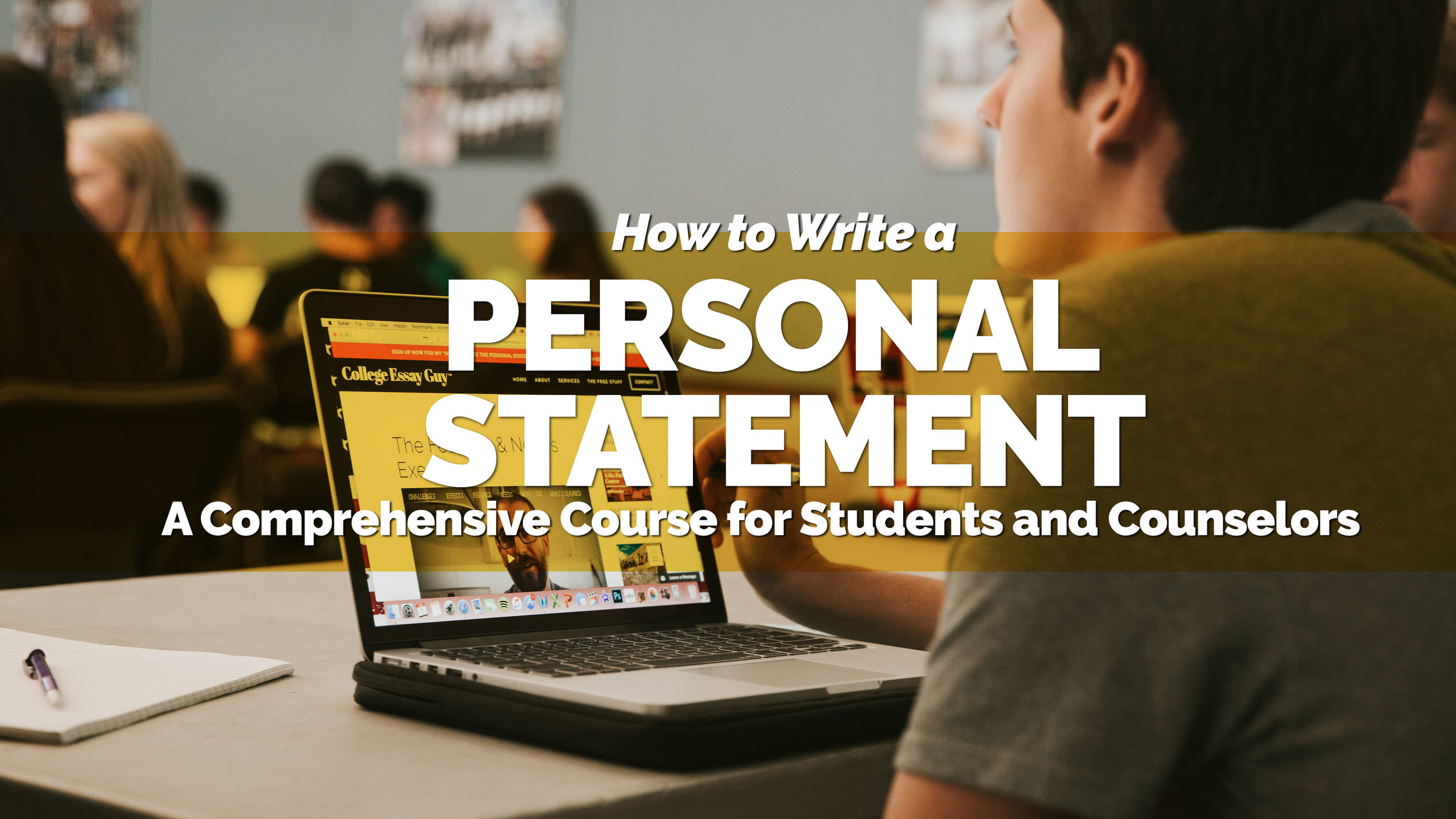Every year, students ask me, "Which Common App prompt is the best?"
So I figured I'd get out ahead and write my response.
First of all, here are the Common App prompts:
Some students have a background, identity, interest, or talent that is so meaningful they believe their application would be incomplete without it. If this sounds like you, then please share your story.
The lessons we take from failure can be fundamental to later success. Recount an incident or time when you experienced failure. How did it affect you, and what did you learn from the experience?
Reflect on a time when you questioned or challenged a belief or idea. What prompted your thinking? What was the outcome?
Reflect on something that someone has done for you that has made you happy or thankful in a surprising way. How has this gratitude affected or motivated you?
Discuss an accomplishment, event, or realization that sparked a period of personal growth and a new understanding of yourself or others.
Describe a topic, idea, or concept you find so engaging that it makes you lose all track of time. Why does it captivate you? What or who do you turn to when you want to learn more?
Share an essay on any topic of your choice. It can be one you've already written, one that responds to a different prompt, or one of your own design
Let's take a look at some of those prompts.
Prompt 1: Tell us your story
This is my favorite prompt. Why? At least two important reasons:
a.) To me, it’s the most open-ended. It might as well be the old Topic of Your Choice prompt.
b.) I've already created a step-by-step approach for answering this question. You can find the short version here. The longer version is available through my online workshop.
Another great read: A Brief How-to Guide for the Short Answer Questions on Your Common App
Prompt 2: Tell us how you failed and what you learned
The second prompt is can work fine, but chances are if this incident was important enough to be your college essay topic, then it’s a story that’s “central to [your] identity,” which brings us back to Prompt 1.
If you do choose Prompt 2, though, I recommend making the turning point in the essay (i.e. the moment after the failure when you did something about it) in the first quarter to third of the essay or, at the very latest, by the midpoint. I know that may sound restrictive, but that’ll give you enough time to discuss how the events in your story affected you and, if you like, what you learned.
And hey, if that failure counts for you as a "significant challenge" you can use the step-by-step process described in this video.
Prompt 3: Tell us how you challenged something and it turned out well
If you write for this prompt, take the advice of my screenwriting professor in college: start as late into the scene as you can and get out as fast as you can. What do I mean? Say you’re writing about a time you challenged a belief or idea. Start with the moment you challenged the belief. Then ask yourself: what information does my reader need to understand why this was a big deal for me? Then write that. You can put either part first. Then tell us how things turned out and, if you like, what you learned. Again, this video will help you structure your essay.
Prompt 4: Describe a problem you've solved or one you'd like to solve
The new fourth prompt is great! I've been recommending students write about a problem for years. This video (see 27:58) explains why that's a good idea.
Click here for a great example essay that addresses a problem. That link will also lead you to another great sample essay, plus the Four Qualities of an Amazing Essay.
Pro Tip #1: Even if you're writing for Prompt 1, there should be a problem or a challenge to overcome.
So I say yes! to Prompt #4, but I have a personal preference for students writing about how the challenges they've faced have led them to develop their deepest values and then how they'll express and experience those values in the future.
Pro Tip #2: I think this prompt would work well for an extracurricular essay. But I still prefer the latitude that Prompt 1 offers.
Prompt 5: Tell us about something awesome you did or experienced that helped you grow up
The fifth prompt is fine, but again it doesn’t allow you the latitude that the first prompt does. (You could, in other words, choose the first prompt and discuss a coming-of-age moment in the context of your larger story.)
----------
Here’s the main thing I want to say about prompts 2, 3 and 5. Each of these asks you to focus on a particular moment, and focusing on one moment can be great, but here’s the danger: you’re putting all your eggs in that basket. So it better be the moment. And it’s possible, but it’s risky.
I think your essay needs to go either deep (discussing a single moment) or wide (discussing a few different moments). If you have a defining moment that changed your life, you can go for 2, 3, or 5. But if you don’t, I’d go for 1.
And if you haven’t started writing, now is a great time to begin. Click here for your free complete one-hour guide to college essay.









